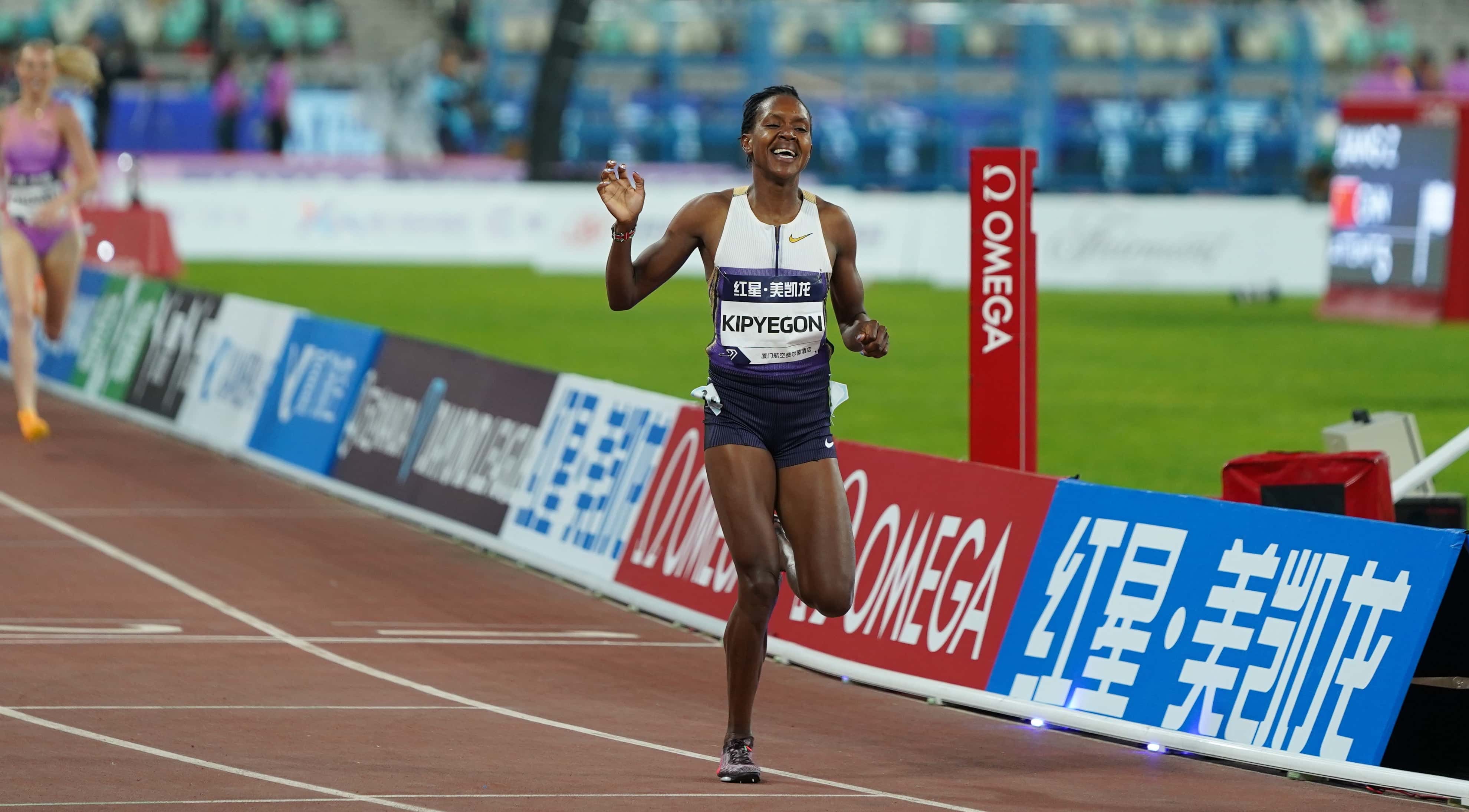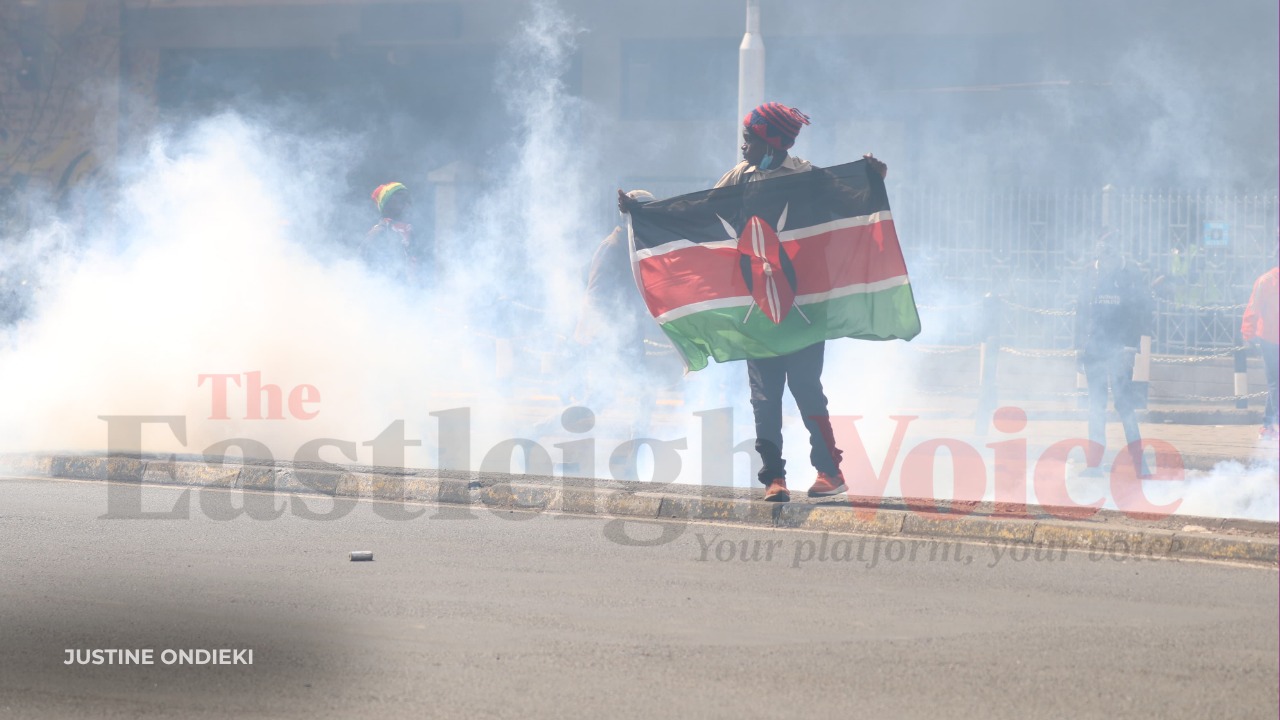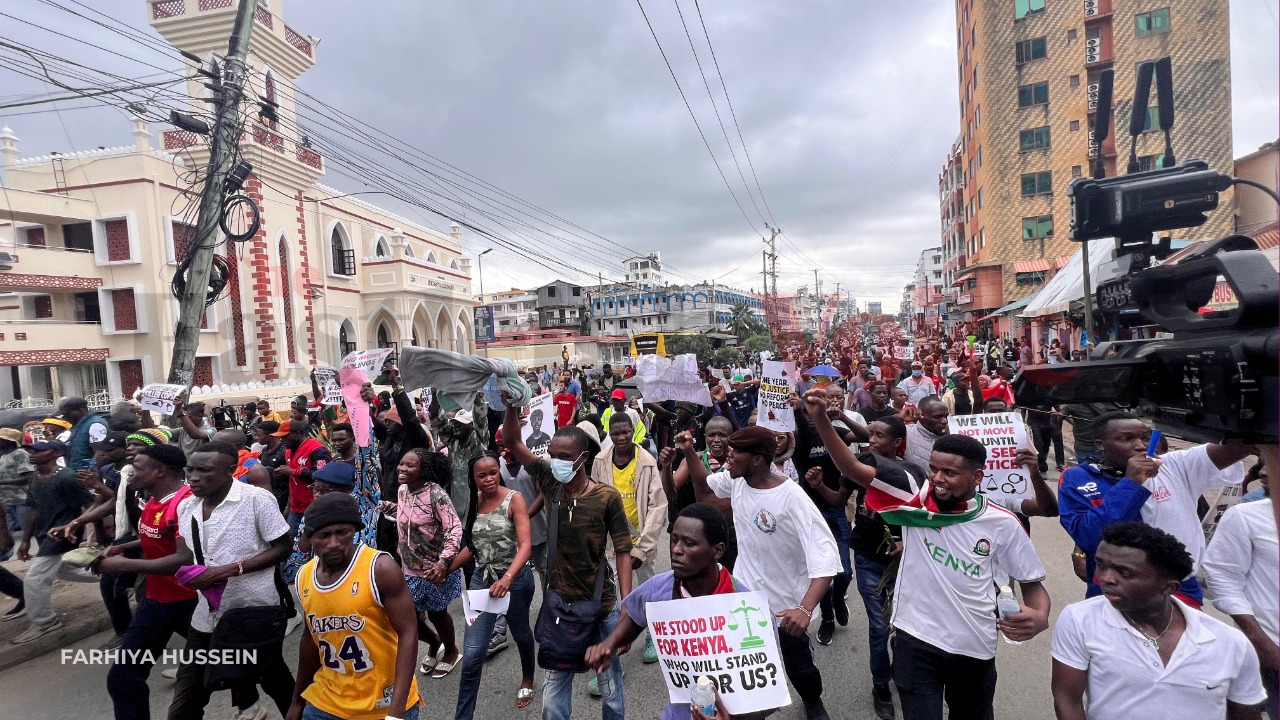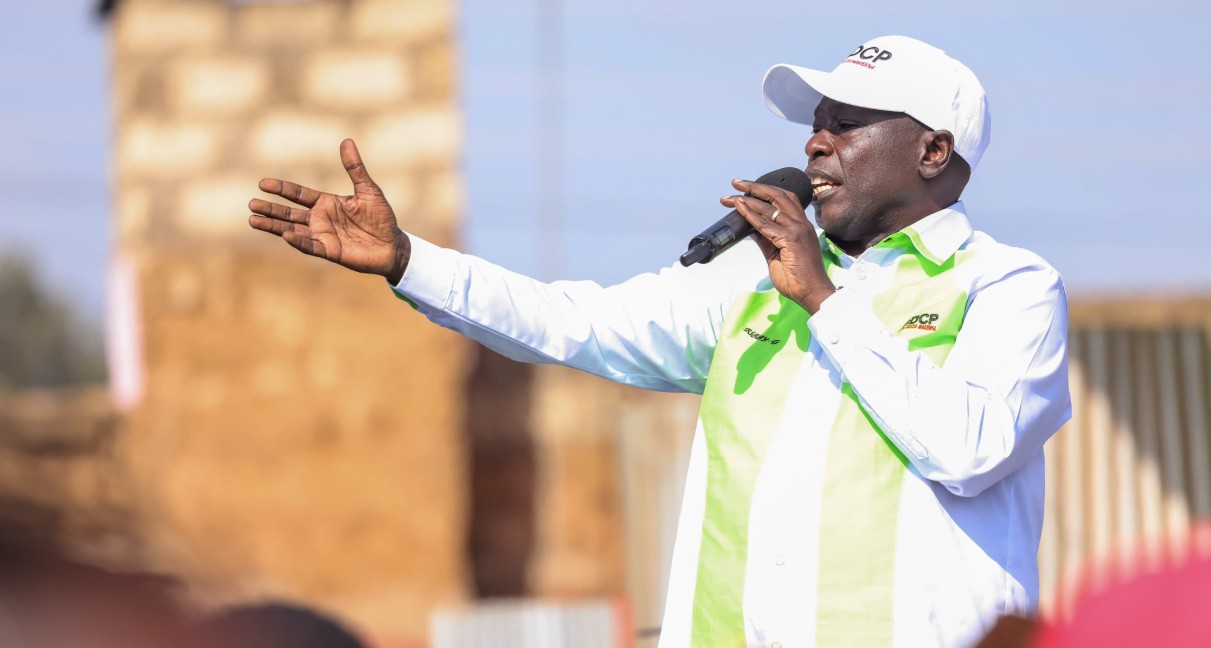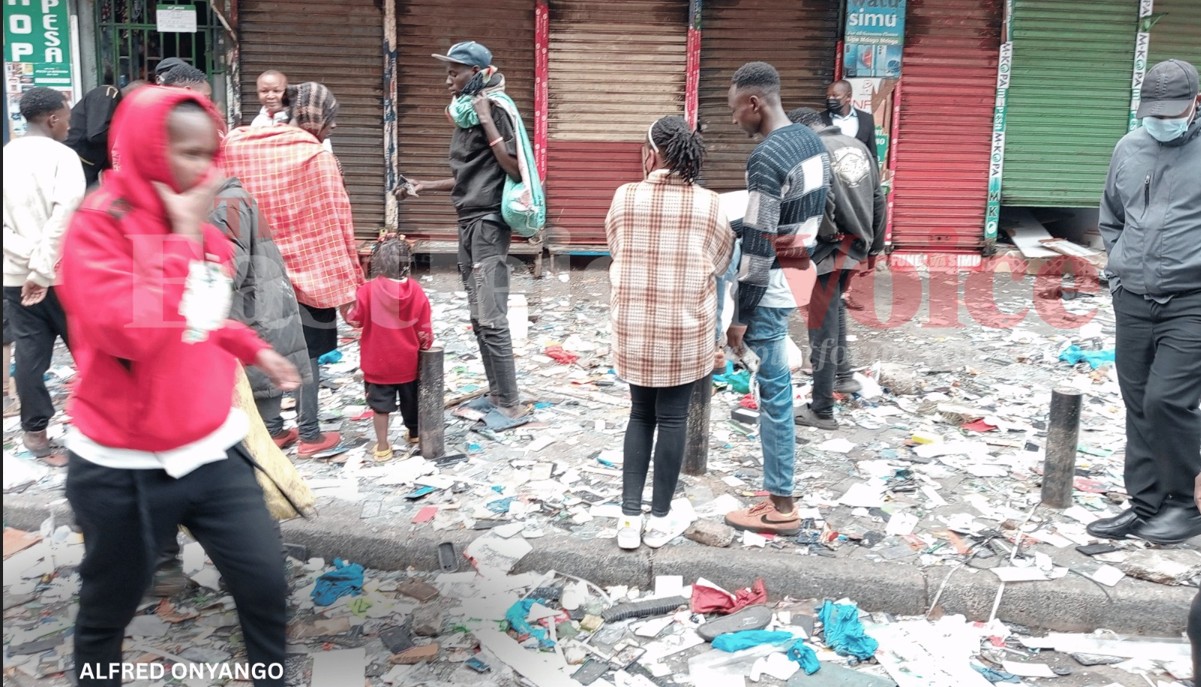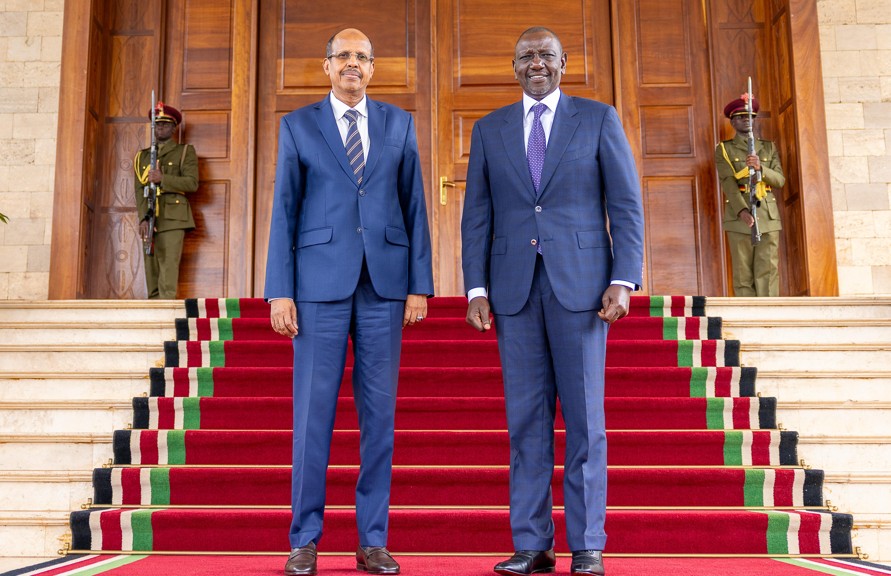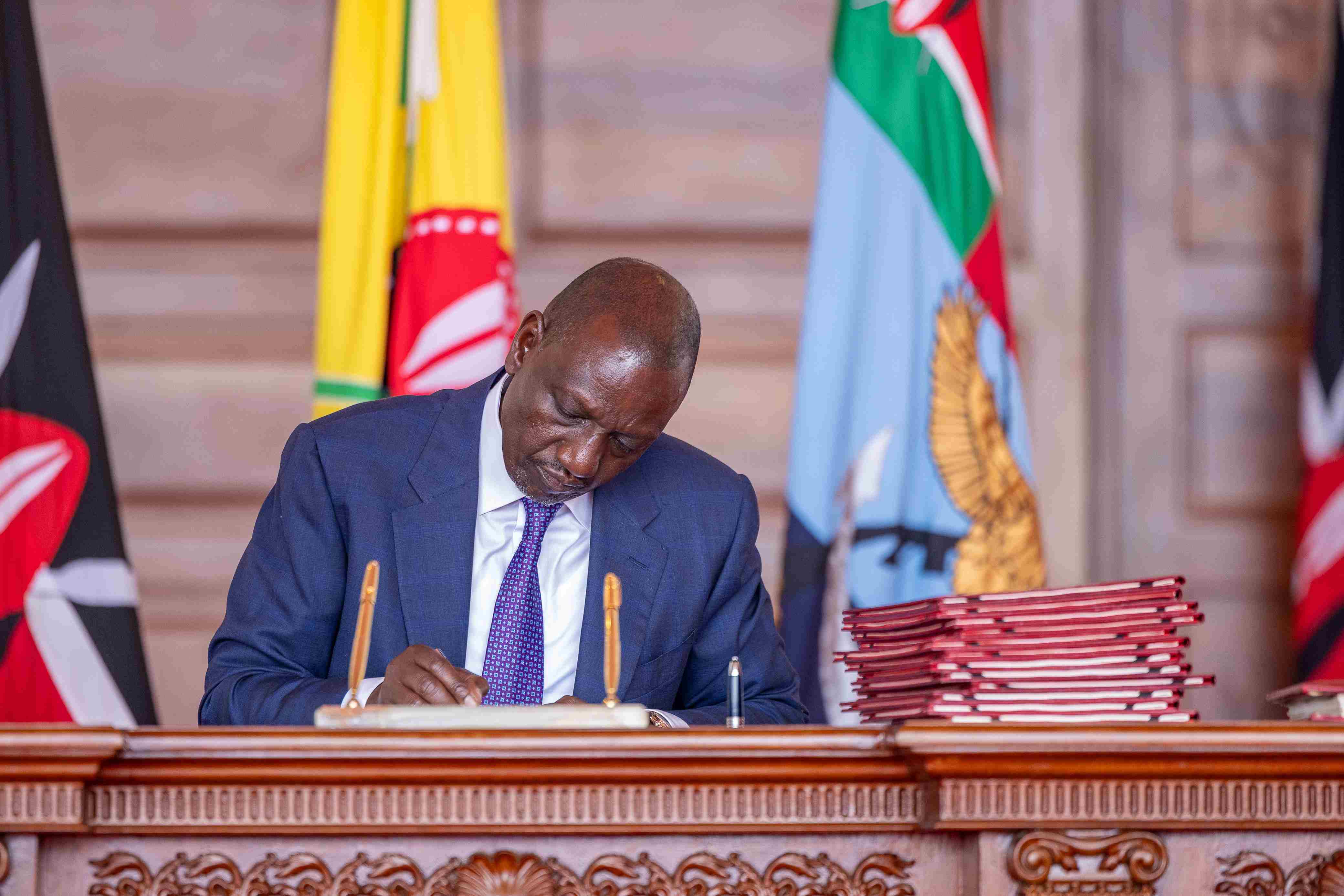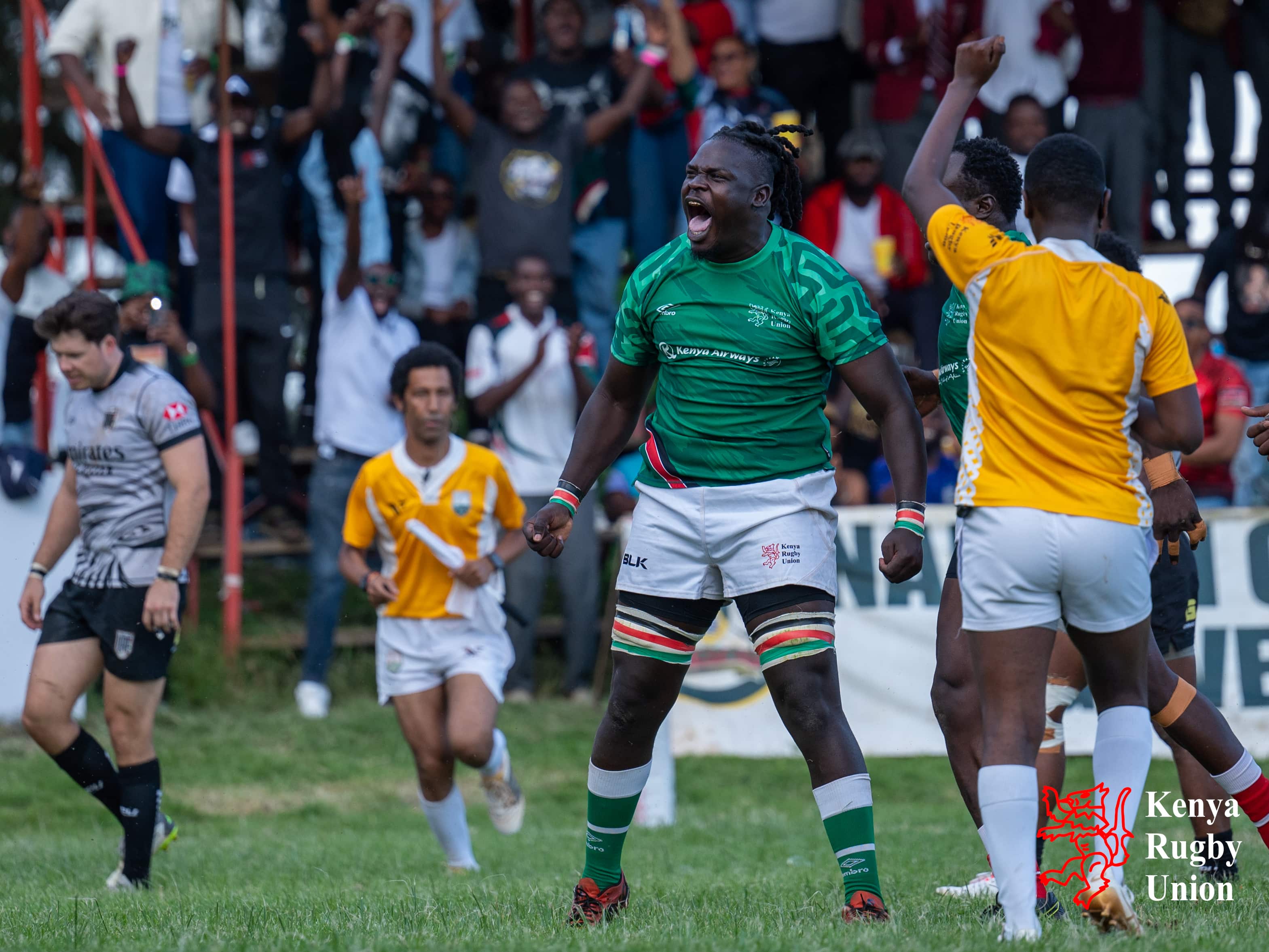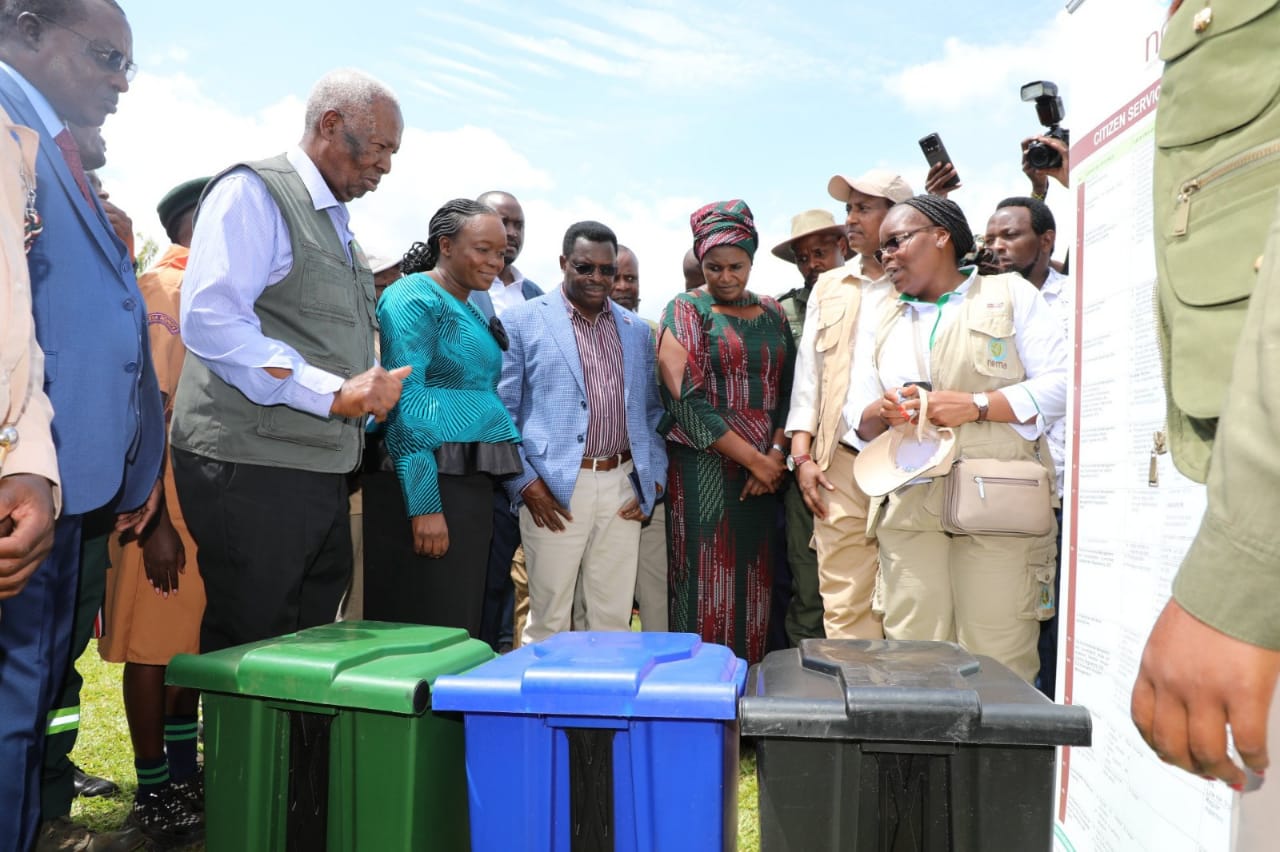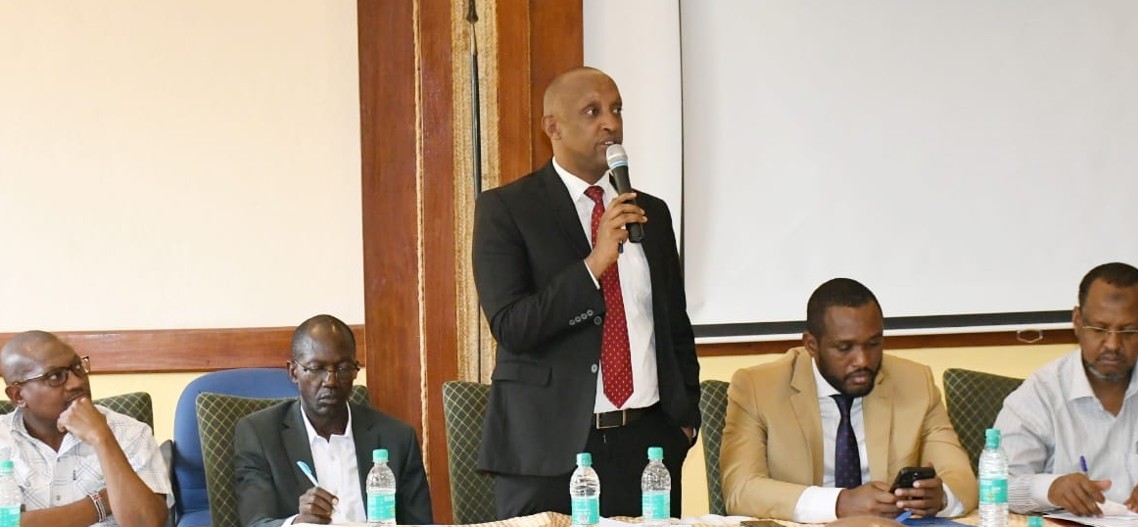Kwale community group advocates for women's health, tackles stigma and cultural barriers
The initiative aims to break down barriers and ensure women receive the healthcare they need, fostering a healthier and more informed community.
In Kwale County, the Hijabi Mentorship organization is making significant strides in advancing women's health at the grassroots level. By raising awareness about the importance of medical care and challenging harmful cultural practices, the group is addressing critical issues affecting women's well-being.
Focusing on reproductive health, the organization tackles conditions often shrouded in shame and societal stigma. Linah Mulongo, an official from Hijabi Mentorship, highlighted that many women in the region suffer in silence and delay seeking treatment due to embarrassment.
More To Read
- Maternal deaths in Kwale County surge past WHO threshold, prompting urgent calls for action
- Abandoned dreams: Kwale’s Kichukwa locals demand justice over Sh38 million ghost stadium
- KDF probes military plane crash in Kwale that claimed lives of instructor and trainee pilot
- Courts in Isiolo, Marsabit among 42 set for digitisation in Sh250 million tech upgrade
- Kwale seaweed farmers and fishers boosted with 13 boats to improve harvest and income
- Kwale governor mandates contracts for women, youth-owned firms in bid to fight poverty
This initiative aims to break down barriers and ensure women receive the healthcare they need, fostering a healthier and more informed community.
"We have patients suffering from critical conditions like fistula but do not seek medical services due to shame. Our campaigns seek to let the women know that these conditions exist and are treatable when detected earlier," said Mulongo adding that they have partnered with health officials.
She said the group has organized a series of workshops and awareness campaigns covering the four sub-counties of Kwale County.
The workshop and awareness campaigns aim to educate women about the importance of timely medical care and challenge outdated practices that jeopardize their health.
"We are currently taking these campaigns across the county, we have started with Matuga, afterwards we will go to Msambweni, Lunga Lunga, and finally Kinango sub-county," she said.
Linah emphasised the pressing need for grassroots stakeholders to work together in promoting health rights awareness.
She also insisted on reaching out to communities and providing them with the information they need to make informed decisions about their health.
"Journalists and activists must collaborate to spread health messages effectively," she stated.
Linah lamented that certain customs and traditions prevent women from discussing these matters openly, leading to a lack of transparent dialogue.
A resident Fatuma Juma said many women in her community suffer in silence because they are too embarrassed to seek help for conditions like fistula.
"It is time for us to break the silence and address these issues openly," she insisted.
Mishi Baraka supported Fatuma's remarks, stating that traditional rituals should not be detrimental to one's health.
"We need to encourage open discussions and support women in seeking the medical care they need," he said.
Top Stories Today
